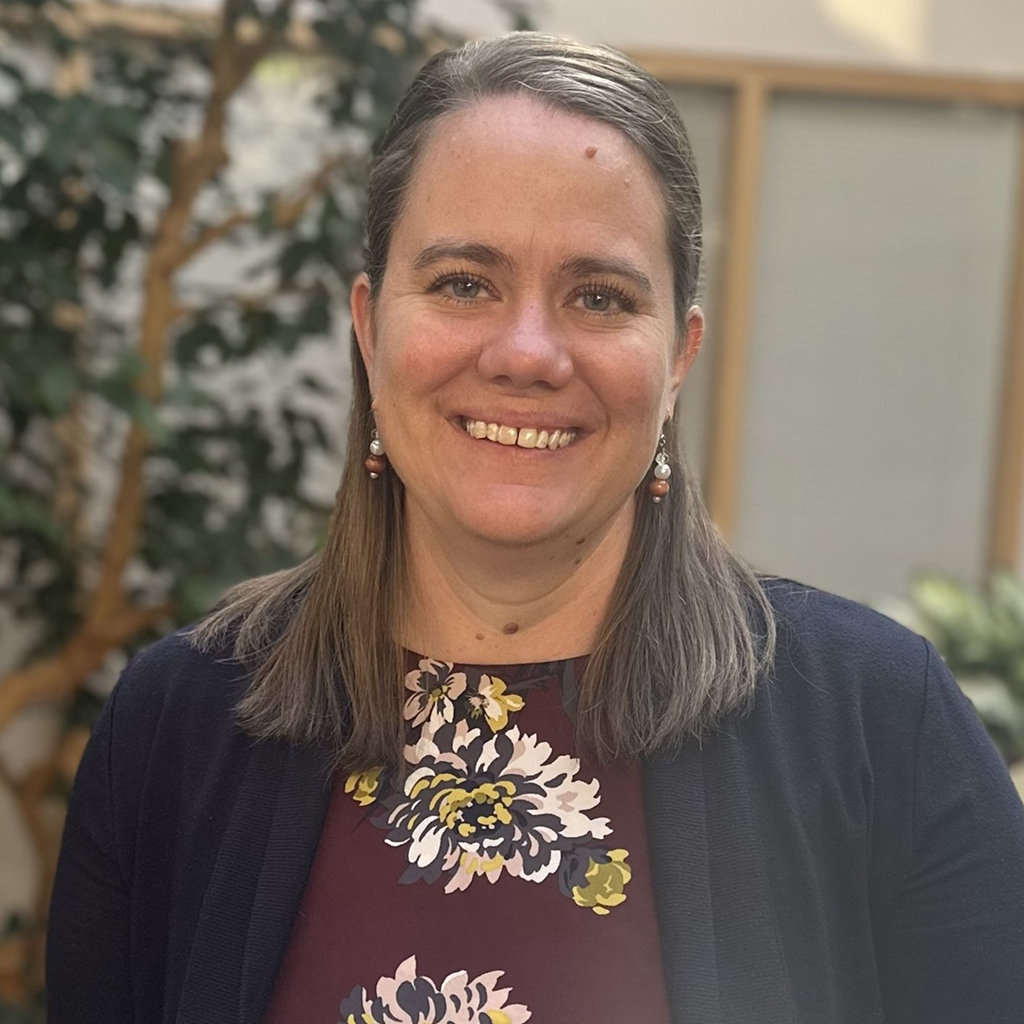Effective school-based prevention programs help students develop social skills, learn to make
healthy decisions, and become positive members of their communities.
Our School Programs Team
Programs
Contact your county’s Program Manager to schedule prevention programming for your school district.
Use the filter below to see the programs available in each county.
Promoting Alternative Thinking Strategies
Grades PreK–2
PATHS® promotes emotional and social competencies and reduction of aggression and behavior problems in elementary school-aged children, while simultaneously enhancing the educational process in the classroom.
Read MorePositive Action
Grades 3–12
Positive Action promotes social-emotional and character skills, resulting in healthy childhood development. The program is based on the intuitive philosophy that we feel good about ourselves when we do positive actions.
Read MoreCATCH My Breath
Grades 5–12
CATCH My Breath is an evidence-based program that provides youth with the skills to resist peer pressure and media influences to vape.
Read MoreProject Towards No Drug Abuse
Age/Grade: Grades 9–12
Project TND is an effective, interactive substance use prevention program that focuses on three factors that predict drug use, violence, and other problem behaviors among youth.
Read MoreSupport for Students Exposed to Trauma
Ages 10–14
After witnessing or experiencing trauma, many children experience symptoms of post-traumatic stress disorder (PTSD), as well as depression, behavioral problems, substance abuse, and poor school performance.
Read MoreLeaders of Future Generations
Grades 5–12
Leaders of Future Generations (LFG) is a school-based prevention program for youth who exhibit leadership potential. Students explore different aspects of leadership and develop their potential to become leaders in their schools and communities.
Read MoreLeadership Institute Training
Grades 6-12
Our Leadership Institute Training is a 4- to 6-hour retreat that helps students explore different aspects of leadership and develop their potential to become leaders in their schools and communities.
Read MoreDirector of Programs

Teri Miller-Landon, MSW
Director of Programs
Lebanon, Lancaster, Chester Counties
tmiller-landon@compassmark.org
Browse this list of other programs that may be available for schools in Lancaster and Lebanon Counties from our community partners.


